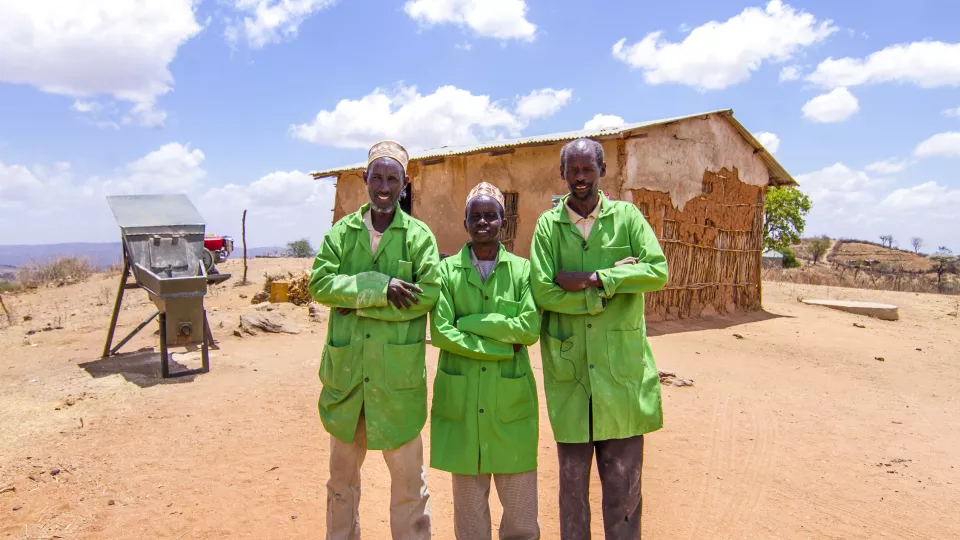
How Indigenous Knowledge Can Contribute to Food Security
On the International Day of the World’s Indigenous Peoples we look back at the DEPP Innovation Labs project in the Philippines. Enhancing Traditional Food Source Management is one of the 40 innovative solutions supported by Philippines TUKLAS Innovation Labs that help communities better prepare for disasters. The project is implemented by a consortium of four non-governmental organisations: Plan International Philippines, Action Against Hunger, CARE Philippines, and the Citizens' Disaster Response Center. It is part of the Disasters Emergencies Preparedness Programme (DEPP) Innovation Labs, a programme that is managed collaboratively by the Start Network and the Communications with Disaster Affected Communities (CDAC) Network.

